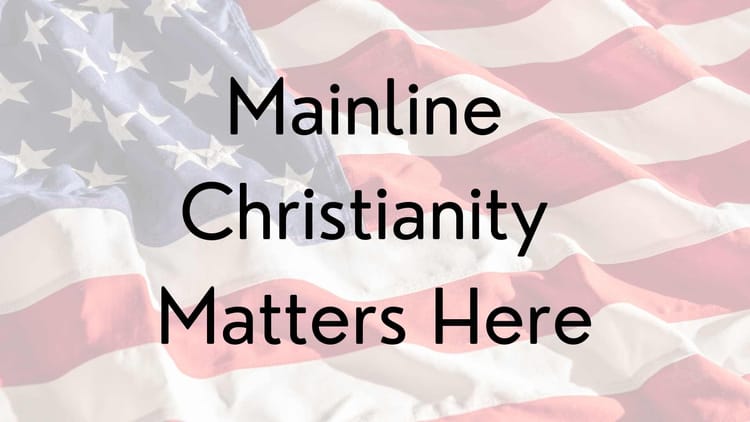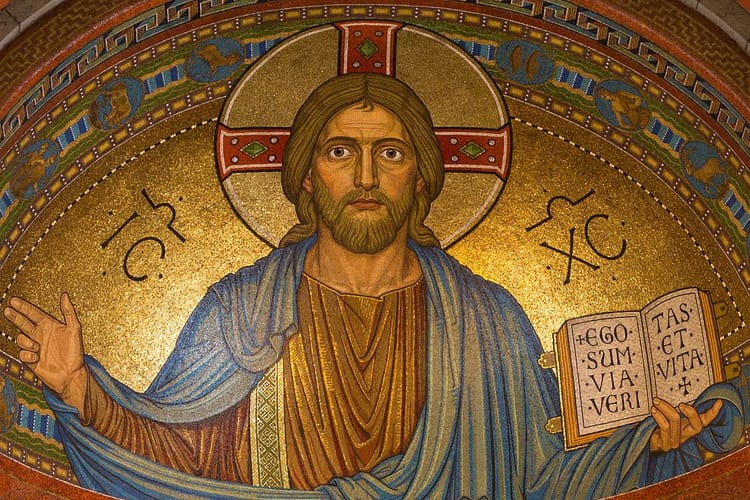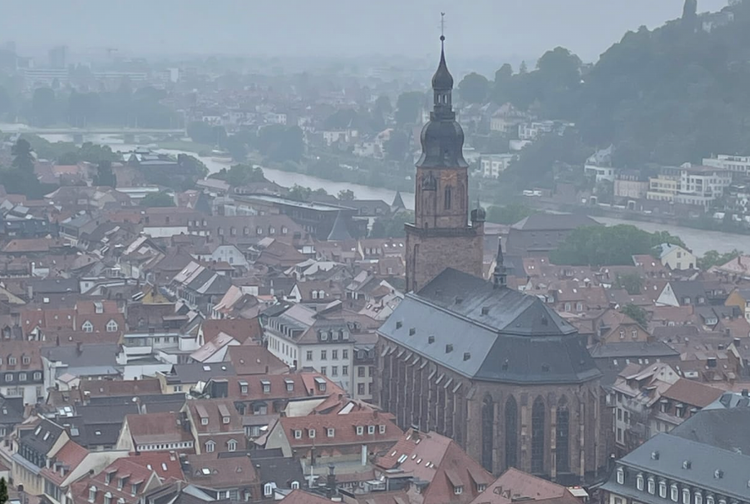I go to a watershed forum and have an unexpected conversation

Last Friday I decided it was way past time for me to do something about these theories of collaborative bioregional mission strategy that I keep writing about. So I went to the Lower Grand River Organization of Watersheds Spring Forum. It was fascinating.

I learned many things that I would never have known otherwise. For one, I learned that west Michigan, in response to an initiative from Governor Snyder, has developed a Regional Prosperity Alliance which includes multiple sectors: education, government, economic development, and philanthropy. (A further clue that Christendom has ended: the complete absence of churches – or even faith communities in general.)
The group defines “Prosperity” very broadly. That’s why the second priority of this alliance is a project to protect water quality:

The map of this region just happens to overlap with about half of our diocese:

Which, as someone who is trying to think about the future of faith in place, I find very interesting.
What most surprised me was a conversation that occurred during the break. It all started because I noticed that the Lower Grand River Organization of Watersheds Board of Directors is made up, in part, of representatives of different sectors active in the region. I also noticed that, as in the prosperity alliance, faith communities were not represented. As someone doing work in watershed discipleship, I was pretty sure that I wasn’t the only person from a community of faith that cares about the Lower Grand River Watershed.
So, during the break, I picked a person that looked nice and was clearly one of the organizers. Then I said:
“I notice that faith communities aren’t represented on the board…”
She looked slightly quizzical. Why is this woman wearing a clerical collar and talking about faith communities in a watershed forum?
“I mean, if you don’t want us, that’s okay…” I continued.
Her whole affect changed. “Oh no, we definitely want you! Let me introduce you to…”
And I was marched off to talk with two leaders of LGROW about the possibilities of integrating faith community representation in this organization. Not long into the conversation, one said, “Would you have any interest in joining the board?”
I thought, Why did I not see that coming? What did I just get myself into? And then, on the theory of “in for a dime, in for a dollar,” I said:
“Our diocese owns property in North Muskegon from a church that has closed. It’s ten acres, in a residential neighborhood. We’re in the process of trying to determine the highest and best use of this property. Would it be of any use to the work you are doing?”
And here’s what I didn’t expect:
Each one looked immediately interested. And next they said “We have funding…” and went on to describe projects that would sustain and enhance the health of the watershed and, by extension, the community. Projects that could be furthered with the potential use of church-owned property.

When I wrote my previous post on this possibility, everything was theoretical.
Clearly, one conversation does not a collaboration make. But there is no doubt in my mind that if the Episcopal Church wanted to continue this conversation, potential community partners would be open to at least one more exploratory meeting.
I am not on the committee which will assess the potential future use of this church property. I trust the people on that committee. I do not have an agenda that we use the North Muskegon property for any particular purpose. This specific conversation may come to nothing, and maybe that’s how it should be.
But! The Episcopal Church has many assets to offer the movement to tend our watersheds and care for creation. First among those assets is a faith tradition which teaches that the world belongs to God, and that human beings will be held accountable for our use (and misuse) of God’s creation. This faith tradition has affirmed that the care of creation is part of the mission which God has entrusted to God’s people.
These assets also include a regionally-based infrastructure for ministry to glorify God and serve neighbor.
When we imagine the future of our ministry, why not imagine…
- seeking the health of an entire region
- fostering community collaborations using existing assets as leverage for shared ministry
- holding regular offices of prayer for the region in its various sanctuaries along with existing congregations, or – in the case of closed churches – in the communion of the saints of that place
- celebrating the sacraments in those sanctuaries and in the natural world which is our common home.
This is a vision deeply rooted in the parish-based system which is the Episcopal Church’s native tongue.
Can we imagine this, or something like this, as part of our future?





Member discussion